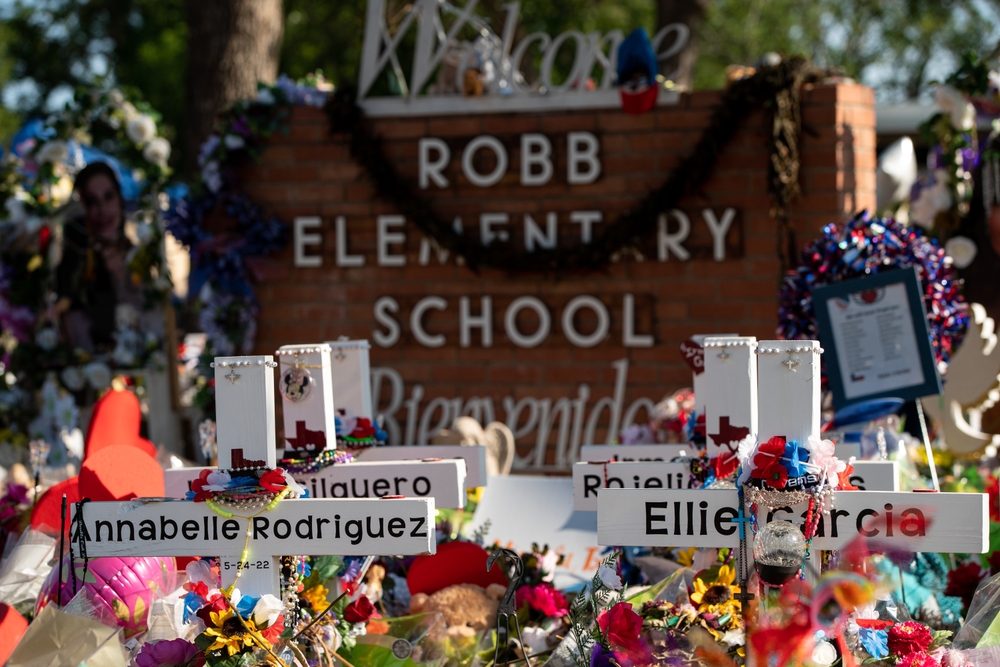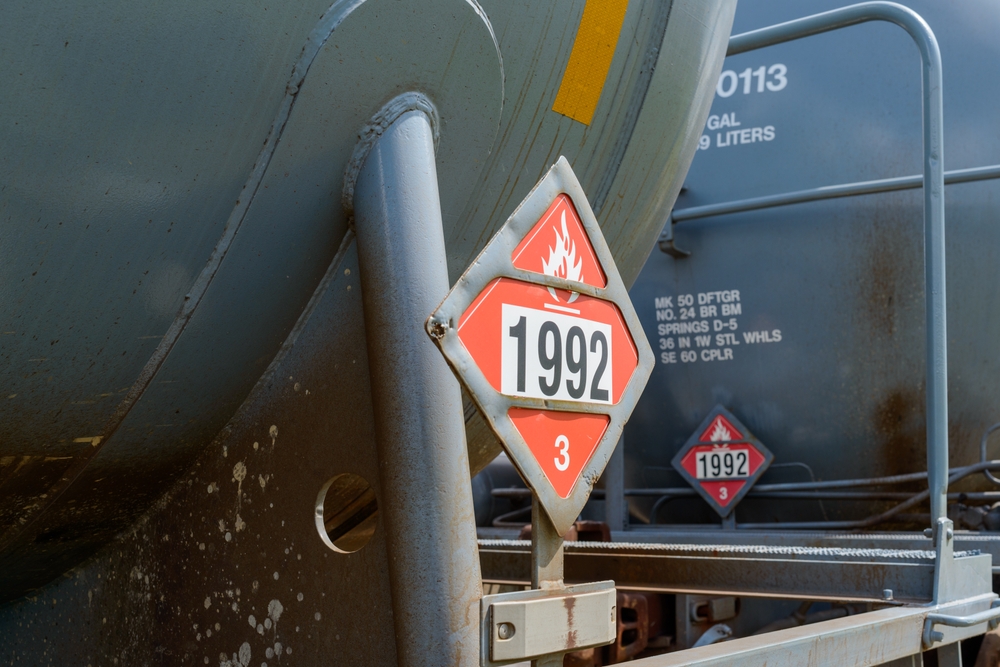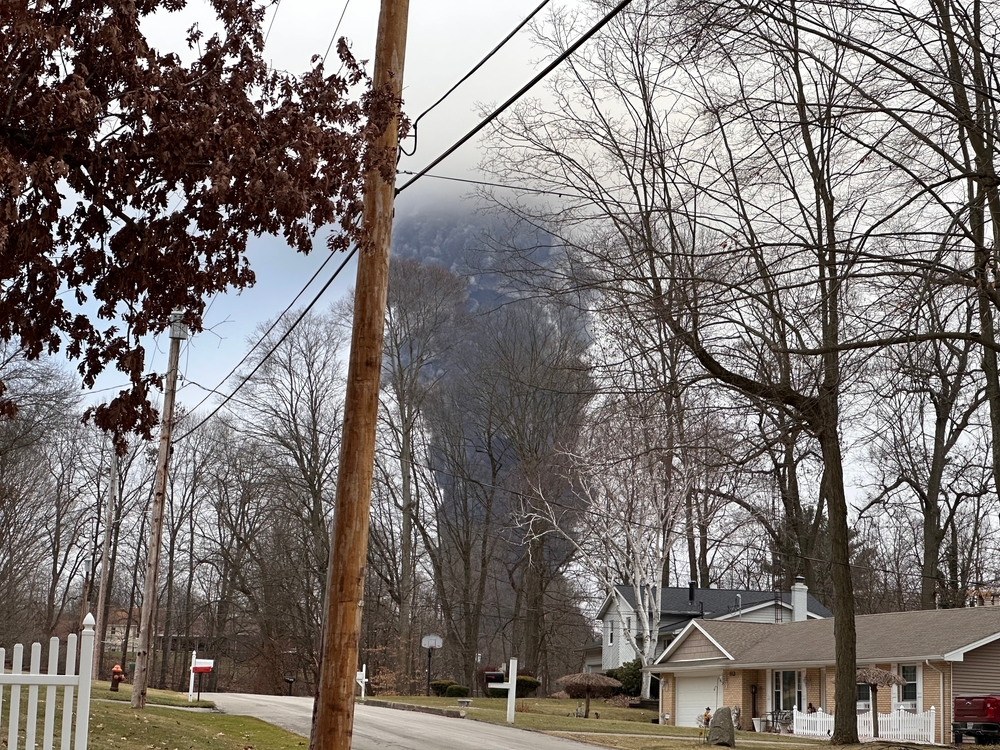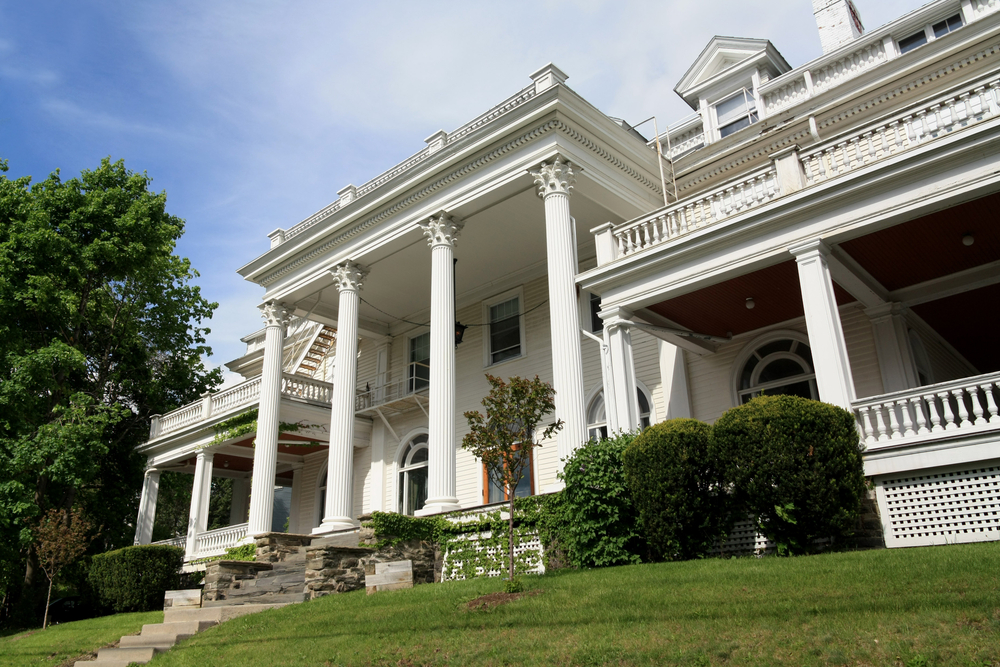On May 24, an 18-year-old gunman stormed Robb Elementary School, killing two teachers and 19 students before law enforcement killed the shooter. The gunman purchased his first gun legally on his 18th birthday, only one week before the shooting.
While a nation tries to make sense of another school shooting, experts have begun to weigh in on what legal action may be available to hold those accountable for the school shooting. In the case of the Uvalde shooting, with the shooter killed, there are limited legal avenues that families can explore.
Protection of Lawful Commerce in Arms Act
Gun manufacturers are protected under a federal law known as the Protection of Lawful Commerce in Arms Act (PLCAA). Under PLCAA, gun dealers and manufacturers are shielded from liability for crimes committed with their products. This federal act was passed after cities tried to hold companies accountable for gun violence in their cities.
There are limited exceptions under PLCAA, which have previously been used to hold gun dealers and manufacturers accountable. The six exceptions include:
- Breach of contract or warranty
- Action commenced by the Attorney General to enforce the National Firearms Act or the Gun Control Act
- Defect in design or manufacture of the consumer good
- Transferring a gun and knowing that the gun will be used to commit a crime
- Negligence and whether a seller or maker violated a federal or state statute in marketing or selling the product
Lawsuits against gun manufacturers are challenging. One lawsuit filed against gun manufacturers has a more than 20-year history. In 1999, the city of Gary, Indiana, pursued a lawsuit against the manufacturers of firearms using their public nuisance laws. These laws were designed to hold someone liable and accountable for damage to a public good, like community safety. This lawsuit brought by the city of Gary claimed that gun manufacturers knew of illegal handgun sales and failed to act to prevent them. In 2019 the Indiana Court of Appeals ruled that the lawsuit could proceed because PLCAA did not apply to shield firearm manufacturers under public nuisance laws. However, two federal appeals courts have ruled that PLCAA provides immunity to firearm manufacturers and dealers against public nuisance lawsuits. More clarity is required.
Other legal cases before the courts continue to determine which exceptions fall under PLCAA in quests to hold someone responsible for mass shootings. In 2019, those who survived and family members of those who died during a mass shooting at a California synagogue sued manufacturer Smith & Wesson, alleging that Smith & Wesson marketed their AR-15 rifle negligently. A California state judge ruled that Smith & Wesson’s claim of protection under PLCAA was incorrect, and the lawsuit could continue before the court.
This year in Texas, the Supreme Court ruled that an online ammunition dealer was not protected under PLCAA. Victims and their families of a 2018 shooting at a Santa Fe high school in Texas sued the online seller Luckygunner.com, claiming that this online seller violated the law by selling ammunition to minors.
Sandy Hook Settlement
On December 14, 2012, a 20-year-old killed his mother and then killed 20 first graders and six teachers at Sandy Hook Elementary in Newton, CT, with his mother’s legally owned Remington Bushmaster. After this violent school shooting spree, he killed himself using a handgun. Family members of those who were killed and a survivor sued Remington in 2015 for selling and marketing an unreasonably dangerous weapon to the public.
At the time, the goal of this lawsuit was to prevent future tragedies like Sandy Hook and force the marketing practices of the firearms industry under scrutiny. This landmark case was the first where an American gunmaker settled a lawsuit associated with a mass shooting event. This settlement was valued at $73 million. A condition of the settlement demanded by the families of those killed in the school shooting includes the release of the manufacturer’s internal documents, which demonstrate how the rifle and other firearms were marketed. It is estimated that there are thousands of documents of this nature.
Taking a unique approach due to PLACC’s immunity shield, attorneys used Connecticut’s consumer law Unfair Trade Practices Act to target marketing and the sale of consumer goods. This act permits legal action which attempts to hold companies and manufacturers accountable for irresponsible marketing practices. In the case of Sandy Hook, attorneys argued that the maker promoted unlawful military use of Bushmaster by civilians, in violation of the Unfair Trade Practices Act.
Possible Uvalde Mass Shooting Legal Action
Early in June, the father of a 10-year-old girl killed in the Robb Elementary School shooting began taking legal steps. Attorneys for Alfred Garza, father of Amerie Jo Garza, sent a letter to Daniel Defense, the manufacturer responsible for the firearm used in this mass shooting, requesting information about their marketing efforts and how their marketing targets children and teens. Also, a school employee, a speech pathologist, filed a petition in Texas state court, seeking to depose Daniel Defense and have the company turn over its documents related to its marketing practices and activities. It is estimated that this is just the beginning of legal ramifications for Daniel Defense in this matter.














